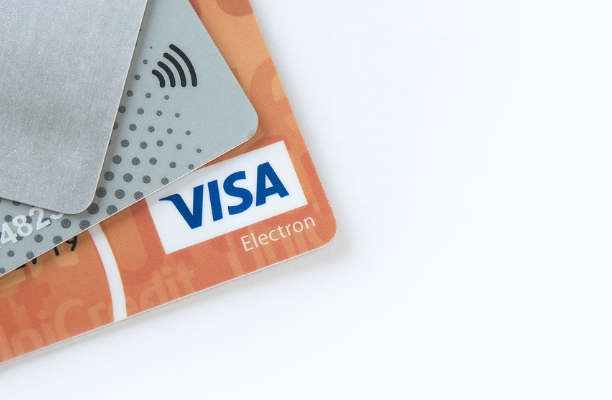
Like Canada, the USA, too, encourages people from all around the world to come abroad and study in the country. However, if you want to do so, you’ll need to acquire a visa module, also known as the F-1 visa. It’ll be applicable if you’re getting admitted to a university, a college, a high school, a conservatory or seminary, and a private elementary school.
The F-1 Visa – A Brief Introduction
The F-1 visa, in essence, is a non-immigrant certification that enables an international student to come abroad and study in the USA. However, with it, they can only learn in an institution that has been certified by the SEVP (Student and Exchange Visa Program).
The application procedure for an F-1 visa is pretty complex. Hence, it’s always better to opt for an immigration attorney to take care of everything.
Also, before you make an application, remember – you’ll only be able to apply for an F-1 visa after an institution (accredited by the US government).
As an F-1 student, the overall duration of your stay will entirely depend on the program you have enrolled for. You can find more information about it in the I-20 form.
Once you’re done with your graduation, you’ll be eligible to make an application for OPT (Optional Practical Training). This way, you can work around a year or so in the country to study even further. If you’re a STEM graduate, you can request a 2-year stay.
The Requirements For A F-1 Visa
When it comes to applying for an F-1 visa, you’ll need to keep a few rules in mind. This part will entail everything you need to know about it.
- Full-Time Enrolment: You should enroll yourself as a full-time student at the school or college within the duration of your academic session.
- Institution Certification: The university of the college where you’re thinking about studying must be approved by the Customs Enforcement and SEVP Immigration.
- Sufficient Funding: You have to offer proof that you have enough funds to finance your living expenses and studies in the USA.
- Valid Passport: The passport you currently have must be eligible for traveling to the USA. Check its duration before making any moves regarding the same.
- English Language Proficiency: As you’re emigrating to an English-speaking nation, you have to learn the language as efficiently as possible.
Finally, you’ll also need to have a house in your home country to return to after completing your course in the USA. Providing this documentation will be a must for your immigration.
Applying For A F-1 Visa
Before you can start working on your F-1 visa application, you’ll need to do something else beforehand. Here’s what you need to know about them.
- Get accepted by an institution prior to submitting your application for the visa. If you have been accepted, you’ll get an I-20 form. It’ll be needed to make an application for the F-1 visa. Hence, make sure to hold onto the same closely.
- Pay your SEVIS fee and complete the DS-160 visa application quickly.
Once you’re done with these steps, all you need to do is schedule the interview for your visa and attend the same accordingly.
In any case, after you’re done with everything, then you can follow up with the application procedure for an F-1 visa. The following steps will be crucial in this aspect.
- Firstly, you have to get accepted into the school or college and get your I-20 certificate. You’ll need to provide the SEVIS ID number later, so hold onto it till the end.
- After that, you’ll need to pay the required SEVIS fee. It’ll be somewhere near the amount of $350. However, it may increase depending on where you’ve applied.
- Now, you have to finish up with your DS-160 visa application. While you’re at it, you may require a travel itinerary, passport, and a photo.
- Finally, you’ll need to get ready for the interview. Here’s what you need to carry for the same –
- A passport (must be valid).
- The I-20 form.
- A copy of the same photograph you want to use for the visa.
- Diploma (if it’s applicable in your case).
- Proof of finance, such as a bank statement.
- Official test scores and school transcripts.
Ask your attorney if you need to take something else for the record. Ensure that you’re not missing out on anything and don’t be late for the appointment.
Final Thoughts
Remember, your visa issuance will not be guaranteed, no matter how efficient you’ve been in your approach. So, you should never make any travel plans until your visa has been approved by the authorities.
Read Also:


